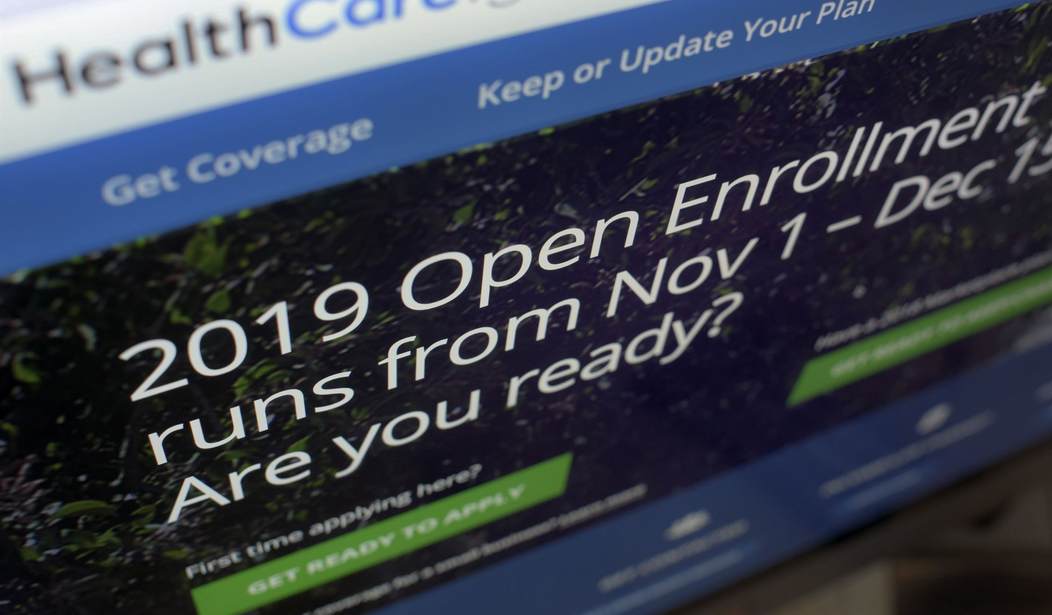What is it that Americans really want from their health care system? Do they want high-deductible insurance plans, 80-20 insurance, PPOs, HMOs, or something else entirely?
Most consumers do not even bother to think of these things when envisioning their ideal medical system, as these are primarily insurance concepts—as opposed to health care concepts. Despite policymakers’ obsession with them, these insurance concepts do not reflect what most patients deal with daily.
Here’s what people really want: a well-trained, high-quality, caring doctor who will listen to them, accurately and compassionately address their concerns, and be available when needed. Direct primary care (DPC)—in contrast to third-party-payer models—achieves just that.
DPC is a new model of affordable medical care. In a DPC arrangement, primary care doctors work directly for their patients, cutting insurance companies out of primary care. With DPC, patients pay a low-cost monthly membership, usually in the range of $49–$99 per month, in exchange for a set number of health care services and discounts. Doctors usually agree to see patients as often as patients need, and co-payments are eliminated.
DPC doctors tend to have smaller practices to help accommodate same-day visits. Their nimble size and freedom from insurance-related paperwork enables them to spend 30–60 minutes per visit, instead of the short five-minute visits that have become so common. Many DPC physicians also offer telemedicine to their patients at no additional cost, in states that allow such services.
Recommended
DPC practices are extremely popular with patients, who greatly enjoy the more individualized attention DPCs provide. That’s a big reason why DPC is experiencing rapid growth. In recent years, the movement has spread quickly and organically, as happy patients continue to spread the word about this innovative new approach to providing medical care.
However, not everyone is supportive of DPCs, including the IRS, which, empowered by poorly worded parts of existing tax law, has decided to treat DPCs as though they are insurance plans. In effect, the IRS denies that DPCs provides medical care and claims DPCs are health insurers.
This distinction is more than semantic. It has far-reaching effects, especially for those Americans who want to use health savings accounts (HSAs)—which allow people to make tax-free contributions to help pay for medical expenses—to pay for a DPC agreement. Currently, HSAs are typically used in conjunction with high-deductible insurance plans to pay an insurance-based doctor for services, testing and medication. The IRS’s treatment of DPCs as insurers instead of as medical providers blocks patients from using HSA funds to obtain medical care from a DPC.
The IRS’s determination that DPCs are essentially no different than health insurance is foolish, as almost any common-sense person outside the health insurance industry would agree. Any regular Joe who is asked what it is that he receives when his primary care physician examines, diagnoses, and treats his ailments would immediately respond with something akin to “medical care.” No one would call these services “health insurance,” except, of course, tax attorneys and health insurance lobbyists.
The IRS’s creation of a false distinction between DPC payments and other medical payments is not trivial. It can cost people huge amounts of money every year, because many who might otherwise join a DPC don’t because they can’t use their HSA funds to pay for it. Further, those who do sign up for DPCs have to pay for their agreements using after-tax dollars, unnecessarily making DPCs more expensive.
The IRS’s silly DPC rule is restricting one of the most promising health care reforms our health care system has seen in decades, giving credence to those who proclaim “Washington is where innovation goes to die.”
Let’s hope this time, Washington proves them wrong, by reversing the IRS’s absurd decision.
Chad Savage, MD (info@d4pcfoundation.org), is a policy fellow at the Docs 4 Patient Care Foundation and the founder of the DPC practice YourChoice Direct Care in Brighton, Michigan.

























Join the conversation as a VIP Member